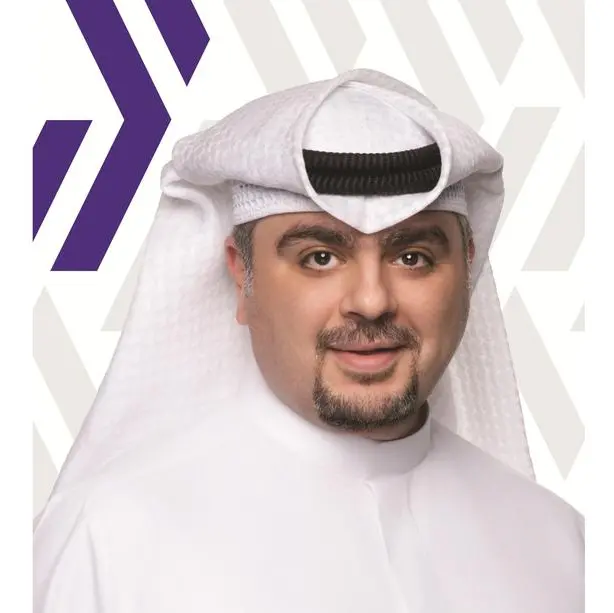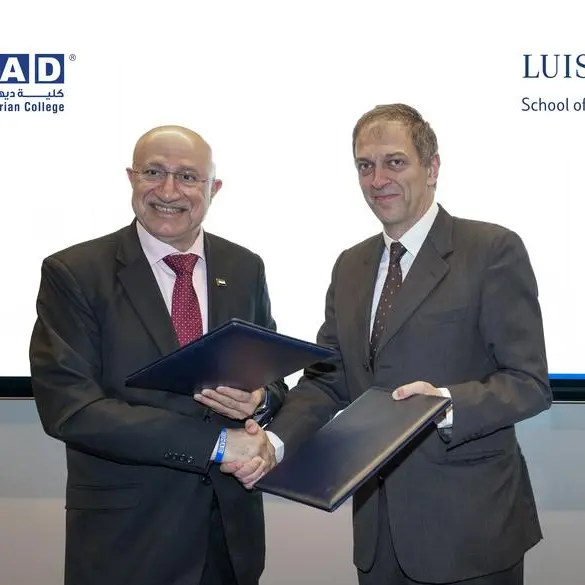PHOTO
Dubai: Reducing the mismatch between the skills a workforce possesses and the work tasks that it needs to perform is critical to increasing overall productivity. To accomplish this goal, governments and businesses must trace the root causes of the skills mismatch and adopt innovative policy measures to tackle them, according to a new Boston Consulting Group (BCG) report titled Alleviating the Heavy Toll of the Global Skills Mismatch.
The report also unveils an interactive evidence-based assessment tool, Future Skills Architect (FSA), designed to help policymakers and business leaders uncover instances of the skills mismatch in their economies. By using the FSA instrument, a government can uncover many factors underlying the skills mismatch in its country and can adopt strategies to reskill and enable the workforce. Findings from BCG’s FSA tool show that the United Arab Emirates (UAE) has an FSA score of 62.3, above the global average of 47.2.
“Countries around the world, including the UAE are faced with a fundamental skills-related problem, as the skills required for the future are rapidly evolving, further exacerbated since the pandemic began. Responding to the skills mismatch should be at the top of every country’s human capital development agenda, as it continues to be a costly burden holding back economic growth opportunities of the future”, said Dr. Leila Hoteit, the global leader of BCG’s education, employment, and welfare sector and co-author of the report. “Although governments and businesses are aggressively tackling pandemic related short-term employment challenges through retention and redeployment of the workforce, they must also work together on reskilling to meet future needs, make opportunities visible, and provide the right context for people to be motivated.”
BCG’s analysis points to the need to address three pillars—capabilities, motivation, and opportunities—that underpin the creation of a vibrant and productive workforce. The UAE performed well in the categories of self-realization, accessible opportunities, and skill liquidity. In particular, the UAE performs exceptionally well in the area of skills liquidity – where decision-makers ensure that people outside a job’s immediate location apply for it, to enlarge the candidate pool for every job, and to give every candidate access to a larger pool of jobs. That might seem likely to happen naturally in a post-COVID-19 world, where remote work has become the norm, but government policies—especially those relating to immigration—and company practices play an important role to widen the talent pool for each position. In addition, the UAE has also made a significant push in improving the quality of their schools, in particular private schools, as shown by the latest Trends in International Mathematics and Science Study (TIMSS) results.
BCG analysis highlights two key areas that the UAE should improve to create a future-ready society and economy. Firstly, Planners and HR specialists must cultivate a “Human-Focused Environment” by understanding the specific needs, values, and demands of talent, whose knowledge, skills, experiences, and ambitions differ greatly from one generation to another. Secondly, policymakers and business leaders must figure out how to unlock the potential of different types of labor in the economy, including older workers and people with determination.
The report shines a light on how some governments are pursuing practical policy measures to counteract the pandemic’s impact and, at the same time, address the skills mismatch in their countries. Three practices stand out:
- Deploying digital talent-matching platforms
- Facilitating remote skills development through online education
- Encouraging and incentivizing reskilling and upskilling during the crisis
Future Skills Architect
BCG’s Future Skills Architect, an evidence-based analytical tool, enables government and business leaders to uncover the skills mismatch in their labor supply. It also allows them to explore the policy measures that some countries have already adopted.
“Globalization, demographic and regional shifts, digitization, and urbanization are just some of the factors affecting human capital development around the world. An evidence-based tool, the Future Skills Architect is designed to help policymakers and business leaders uncover instances of the skills mismatch in their economies along with understanding the standard of capabilities and education, labor market opportunities, and intrinsic motivation to figure out the ways to deal with them,” said Maya El Hachem, Managing Director and Partner, and also co-author of the report.
A copy of the report can be downloaded here.
About Boston Consulting Group
Boston Consulting Group partners with leaders in business and society to tackle their most important challenges and capture their greatest opportunities. BCG was the pioneer in business strategy when it was founded in 1963. Today, we help clients with total transformation—inspiring complex change, enabling organizations to grow, building competitive advantage, and driving bottom-line impact.
To succeed, organizations must blend digital and human capabilities. Our diverse, global teams bring deep industry and functional expertise and a range of perspectives to spark change. BCG delivers solutions through leading-edge management consulting along with technology and design, corporate and digital ventures—and business purpose. We work in a uniquely collaborative model across the firm and throughout all levels of the client organization, generating results that allow our clients to thrive.
© Press Release 2021
Disclaimer: The contents of this press release was provided from an external third party provider. This website is not responsible for, and does not control, such external content. This content is provided on an “as is” and “as available” basis and has not been edited in any way. Neither this website nor our affiliates guarantee the accuracy of or endorse the views or opinions expressed in this press release.
The press release is provided for informational purposes only. The content does not provide tax, legal or investment advice or opinion regarding the suitability, value or profitability of any particular security, portfolio or investment strategy. Neither this website nor our affiliates shall be liable for any errors or inaccuracies in the content, or for any actions taken by you in reliance thereon. You expressly agree that your use of the information within this article is at your sole risk.
To the fullest extent permitted by applicable law, this website, its parent company, its subsidiaries, its affiliates and the respective shareholders, directors, officers, employees, agents, advertisers, content providers and licensors will not be liable (jointly or severally) to you for any direct, indirect, consequential, special, incidental, punitive or exemplary damages, including without limitation, lost profits, lost savings and lost revenues, whether in negligence, tort, contract or any other theory of liability, even if the parties have been advised of the possibility or could have foreseen any such damages.




















